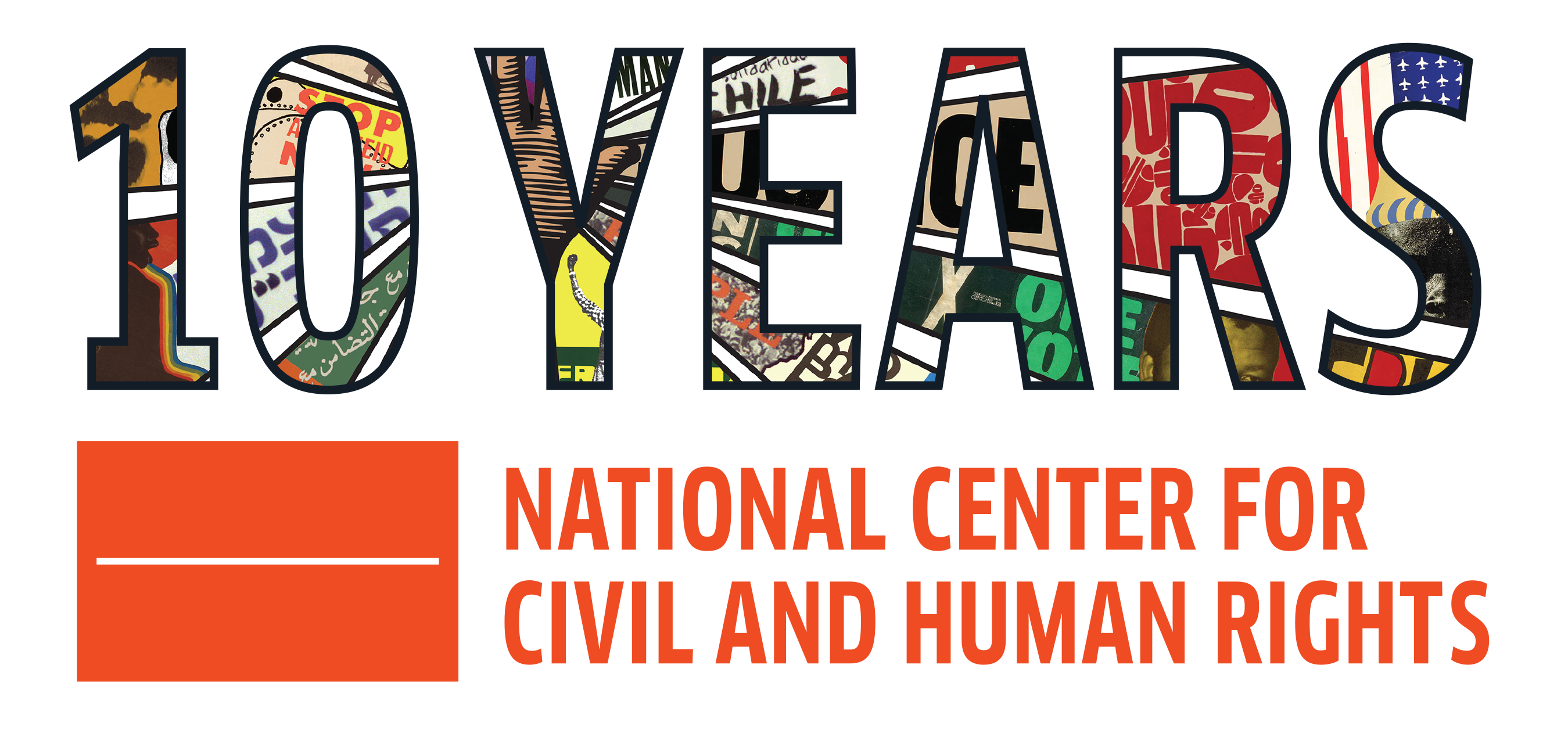WOMEN
Discrimination by gender is prohibited in the United States, and American women have come a long way since winning the right to vote in 1920. While the women’s liberation movement of the 1970s opened many doors for women, substantial and stubborn barriers to full equality remain.
The barriers all women face fall particularly hard on Black, Latina, and Asian Pacific Islander women as well as women who are immigrants, poor, elderly, lesbian, transgender or members of other racial or ethnic groups.
Violence is a major concern for women at every age and from every background. Each year millions of women and girls are victims of physical assault or sexual violence by an intimate partner. The United States reauthorized and expanded the Violence Against Women Act in 2013, but it expired and has not been reauthorized. Law-enforcement responses and other support services for violence against women continue to be woefully inadequate.
Women’s wages continue to be well below those of men, making it hard for women to support their families and afford quality childcare. Women make up the majority of employees in the lowest-paying jobs including caretaking, food service, cleaning, clerical and retail work. Women of color and immigrant women in particular are relegated to low-wage jobs, which rarely provide employee benefits such as health care, paid sick or family leave time. Women in the workplace continue to experience sexual harassment and face discrimination as a result of stereotypes that conform to what are considered appropriate roles for women.
Changing these practices means challenging the fact that women remain vastly underrepresented at the tables where decisions are made: men still hold the positions of power in most public and private institutions in America -- from the military and corporations to congregations and Capitol Hill. This especially affects a woman’s access to health care, particularly reproductive health care, which is highly politicized and overwhelming legislated by men. US women lag far behind other countries in terms of maternal mortality and life expectancy, with evidence of significant racial and ethnic disparities in women’s overall health. The US government’s failure to ratify the important UN Convention to Eliminate All Forms of Discrimination Against Women (CEDAW) has created another roadblock to gender equality.

